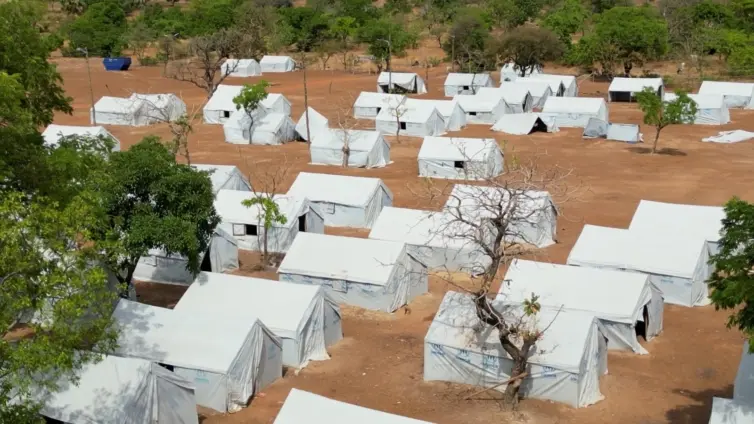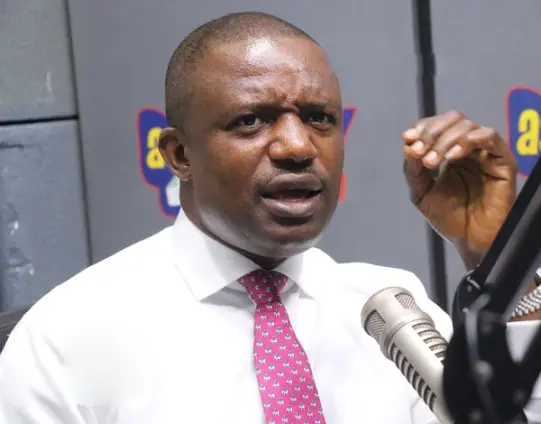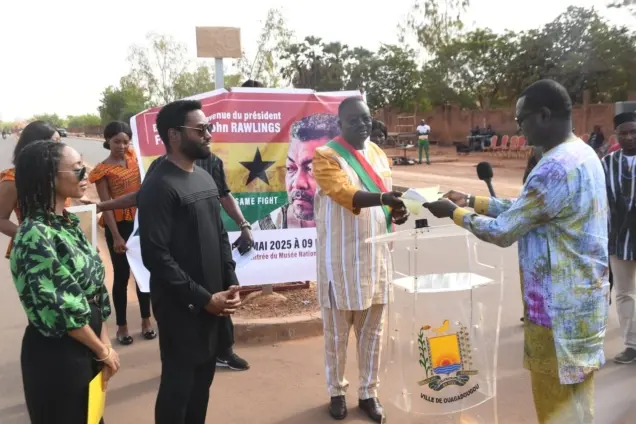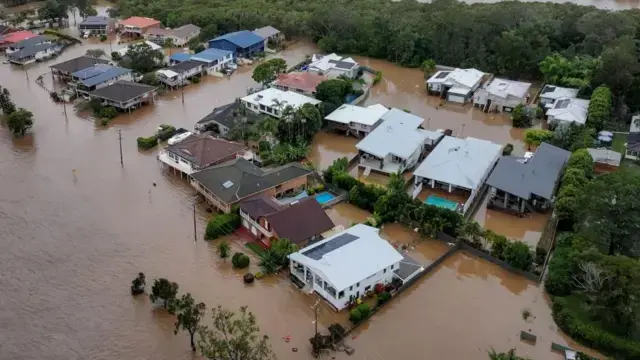The landscape along Ghana’s northern border can be unforgiving, marked by climate shocks, food insecurity, and environmental degradation. Now, a new initiative, the World Vision BORDER Project, aims to bring stability and development to this crucial region. Launched by World Vision Ghana in collaboration with RACED Ghana and with support from the PATRIP Foundation, the BORDER Project focuses on Ghana’s Upper East and Upper West regions, addressing vulnerabilities facing communities along the frontier. This project, as detailed in its May 16, 2025, press statement, seeks to foster a lasting impact. The ultimate vision? According to project leaders, to create “a lasting ripple effect of peace, prosperity, and resilience across Ghana’s border regions and the wider West African sub-region.” The **BORDER Project** aims to achieve just that through multifaceted interventions targeting the root causes of instability.
The **BORDER Project** will directly benefit 19,219 individuals, including 13,454 Ghanaians and 5,765 Burkinabe refugees. Its reach extends indirectly to an additional 33,657 residents across five target communities and two refugee settlements, bringing the total impact to over 50,000 people. But which specific areas will see these changes, and how were they chosen?
The communities selected to participate in the World Vision **BORDER Project** face a complex web of challenges. Among them are Zini, Fielmo, and the Zini Refugee Camp in the Sissala West District; Bansi and Issakatinga in the Binduri District; and Tarikom and the Tarikom Refugee Camp in the Bawku West District. These areas were specifically chosen because they grapple with the acute effects of climate change, persistent food insecurity, and escalating environmental degradation. The influx of refugees from Burkina Faso further strains already limited resources, leading to increased socio-economic pressures and heightening the risk of social tensions. All of these factors combine to threaten the delicate peace in these communities.
To address these interconnected issues, the **BORDER Project** is implementing a range of interventions designed to build resilience and foster sustainable development.
These interventions will span infrastructure development, agricultural support, sustainable land use, and capacity building. In terms of infrastructure, the project will provide and rehabilitate solar-powered water systems, ensuring access to clean water. It also plans the construction of biofill ecological sanitation facilities for homes, schools, and health centers, promoting better hygiene and sanitation practices. Healthcare facilities will be refurbished, with a particular emphasis on maternal and child health, improving access to essential medical services.
Agricultural support will come in the form of drip irrigation systems, enabling year-round farming and reducing dependence on rain-fed agriculture. Farmers will also receive training in climate-smart agricultural techniques, equipping them with the knowledge and skills to adapt to changing environmental conditions and improve their yields. The **BORDER Project** will also promote Community Resource Management Areas (CREMAs) to encourage sustainable land use practices, safeguarding natural resources for future generations.
Beyond these tangible improvements, the project will also invest in capacity building. Traditional leaders, local authorities, and security personnel will receive training in peace building and conflict resolution, empowering them to address local disputes and promote peaceful coexistence.
The World Vision BORDER Project is strategically aligned with Ghana’s National Development Plan 2030, the United Nations Sustainable Development Goals (SDGs), and the Gulf of Guinea Joint Response Plan. This alignment ensures that the project contributes to broader national and international development objectives, maximizing its impact and sustainability. As project leaders stated, the **BORDER Project** aims to create “a lasting ripple effect of peace, prosperity, and resilience across Ghana’s border regions and the wider West African sub-region.”
By addressing the root causes of instability and promoting sustainable development, the World Vision BORDER Project offers a pathway towards a more peaceful and prosperous future for Ghana’s border communities. Through collaborative efforts and targeted interventions, the project is poised to make a lasting impact on the lives of thousands, building resilience and fostering hope in a region facing complex challenges.
Image Source: MYJOYONLINE





















